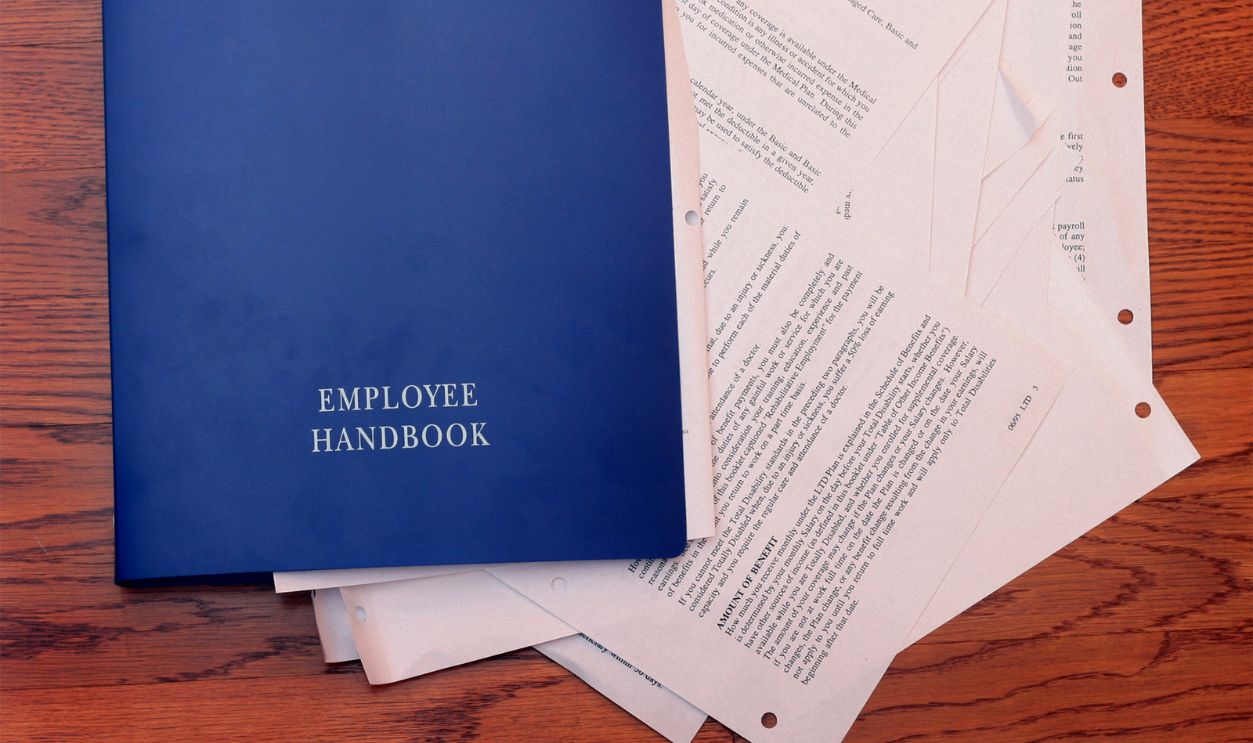Trapped By A Favor
“Could you cover up for me when I’m away?” It seemed harmless. But a simple favor became a career crisis, and the person who caused it vanished without consequence. No warning signs—just a sudden write-up for something you didn’t initiate. So, what do you do in this situation? How do you respond when silence turns into accusation?

Know Your Rights First
Being written up for someone else’s wrongdoing feels unjust, but don’t panic. Federal and state labor laws generally protect employees from retaliation and false accusations. Begin by understanding your company’s disciplinary procedures and HR protocols. Knowing your rights allows you to respond confidently.
Company Policy Check
Read your employee handbook or HR portal for relevant policies. Some companies explicitly prohibit covering shifts or duties without prior approval, even for supervisors. If your actions violated no written rules, you might be good to go. Always cross-reference company policies before challenging disciplinary actions. They’re often your most objective defense.
Evaluate Your Boss’s Ethics
A single incident might be forgivable, but patterns matter. Reflect on whether your boss has bent the rules or involved others in questionable requests before. If this isn’t the first ethical concern, take it seriously. Identifying early warning signs can protect your career and mental well-being in the long run.
Talk To A Trusted Mentor Or Colleague First
Speak with someone who understands your workplace dynamics before making any big decisions. A trusted colleague or mentor can offer perspective or warn you of potential pitfalls. Getting a second opinion grounds your response in reason, especially when emotions are running high, and clarity feels out of reach.
Identify The Core Issue
Before reacting emotionally, assess the situation logically. Did HR misunderstand the context, or is your boss deflecting blame? Miscommunication can escalate quickly, but retaliation has more serious implications. When you highlight the root cause, you can better tailor your response and determine whether this is an isolated error or a deeper concern.
Request Documentation From HR
Always ask for a written copy of the disciplinary action. This not only clarifies what you're being accused of but also gives you a chance to correct the record. HR is required to provide documentation upon request in many states, so let this be your first step toward protecting yourself.
Document Everything You Know
Start building your version of events. Write down dates, conversations, and anything else related to the favor. A clear timeline helps you stay factual and focused when discussing the issue. It also serves as essential evidence if the situation escalates to formal appeals or external investigations later.
Email Evidence And Paper Trails
Digital communication can be your strongest ally. Search for emails, Slack messages, or calendar invites confirming the favor or communication with your boss. Even informal notes can support your credibility. HR relies heavily on documented proof, so a well-organized digital trail could be the key to clearing your name.
 Stephen Phillips - Hostreviews.co.uk, Unsplash
Stephen Phillips - Hostreviews.co.uk, Unsplash
Approach HR The Right Way
When addressing HR, tone and clarity matter. Avoid venting and stick to facts and supporting documents. A calm, measured approach demonstrates professionalism and strengthens your credibility. HR deals with many emotional disputes, so presenting your side logically and respectfully helps your case stand out as serious and well-grounded.
Should You Name Your Boss?
Naming your boss is a delicate move—but sometimes necessary. If your documentation supports it and the write-up risks your reputation or future at the company, consider a formal disclosure. Present it without malice and only after giving your boss a chance to explain. Escalate through proper internal channels first.
Ask For A Mediated Meeting
If the issue remains unresolved or you feel unheard, request a mediated meeting involving HR, your boss, and a neutral facilitator. This structured setting can defuse tension and encourage accountability. It also shows initiative on your part and may result in clarification or compromise without escalating the conflict further.
Damage Control
After a dispute, focus on restoring professionalism. Respond promptly to follow-ups and continue to document key interactions. HR respects employees who remain steady under pressure. Even if the situation feels unfair, showing maturity and transparency can help preserve your internal reputation.
When To Get Outside Support
Are you part of a union? Notify your representative early. They can guide the next steps and ensure procedures are followed. Non-union employees may consider legal counsel, especially if the write-up jeopardizes their livelihood. Employment attorneys offer consultations to assess whether your situation involves retaliation or procedural violations.
Avoid Social Media Mistakes
Posting about your boss or workplace on social media—even vaguely—can backfire fast. Screenshots travel fast, and privacy settings won’t protect you from disciplinary action. Many companies monitor employee conduct online. If you're feeling frustrated, talk it out offline. Staying silent online keeps your professional image and future intact.
Set Boundaries Going Forward
Learn from this experience by setting clear professional boundaries. Avoid agreeing to tasks that could later be questioned without documented approval. If your boss makes informal requests again, ask for them in writing. Clarity and documentation are your best shield against future misunderstandings.
Build A Support Network
When trust breaks down at work, isolation worsens the stress. Seek out employee resource groups or online forums like r/AskHR or Fishbowl for perspective. Talking with people outside your company helps you process events and regain confidence when your situation feels unique or overwhelming.
Be Proactive With Peers And Managers
Workplace reputations can be rebuilt. Quietly clarify misunderstandings with those who matter, including colleagues or supervisors who may have heard a skewed version. Stay consistent and engaged in your work. Over time, performance and composure speak louder than rumors. Rebuilding trust is gradual, but deliberate efforts do make a difference.
Should You Look For A New Job?
If this incident exposed a toxic culture or systemic dysfunction, it might be time to reassess your future there. Loyalty shouldn’t come at the cost of self-respect or career growth. Trust your instincts. When the environment feels unsupportive, exploring other opportunities could offer much-needed peace.
What To Say In Exit Interviews If You Decide To Leave
Honesty matters, but so does delivery. If you resign, use the exit interview to share facts without personal attacks. Mention policy confusion or lack of accountability—if applicable—using clear examples. Framing your feedback constructively can help the organization grow while maintaining your professionalism and personal integrity.
Reflect And Rebuild
This situation, while frustrating, offers essential insight into organizational dynamics. Understanding who holds influence and when to speak up helps you manage future incidents more wisely. Use the experience to grow emotionally and professionally because resilience often comes from moments where things go off-script.

























